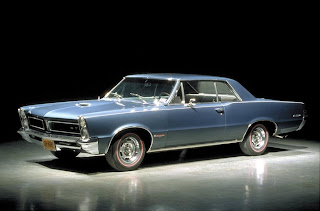 |
| Display of the Rocketdyne Operations Support Center at California Science Center |
Although I said a little while back that I would only be posting "Image of the Day" types of posts, the desire to share a bit more than a pretty picture occasionally gets the better of me. Since I have some time today, here are a few photos from my trip to the California Science Center to view the space shuttle, Endeavour.
It was an impressive exhibit. The various artifacts from the shuttle missions, diverse elements ranging from the "Space Potty" to the Space Shuttle Main Engines, presented a very engaging display of information. Merging the very human concerns of food and digestion with the highly technical elements of space flight, the exhibition was well grounded and very accessible.
 |
| The space shuttle Endeavour |
But I was surprised by how wonderful it was to see the actual craft. It's a bit embarrassing to confess, but I got slightly choked up on seeing the Endeavour, feeling a bit of something similar to religious awe. Walking around and under, measuring by stride its length and width, viewing the tiles and surface texture, personally experiencing one of humankind's most remarkable constructs was shockingly vivid.
I'm curious to return again, perhaps sometime after the crowds of Summer. I wonder if this numinous sense of something "transcendent" will persist.




















